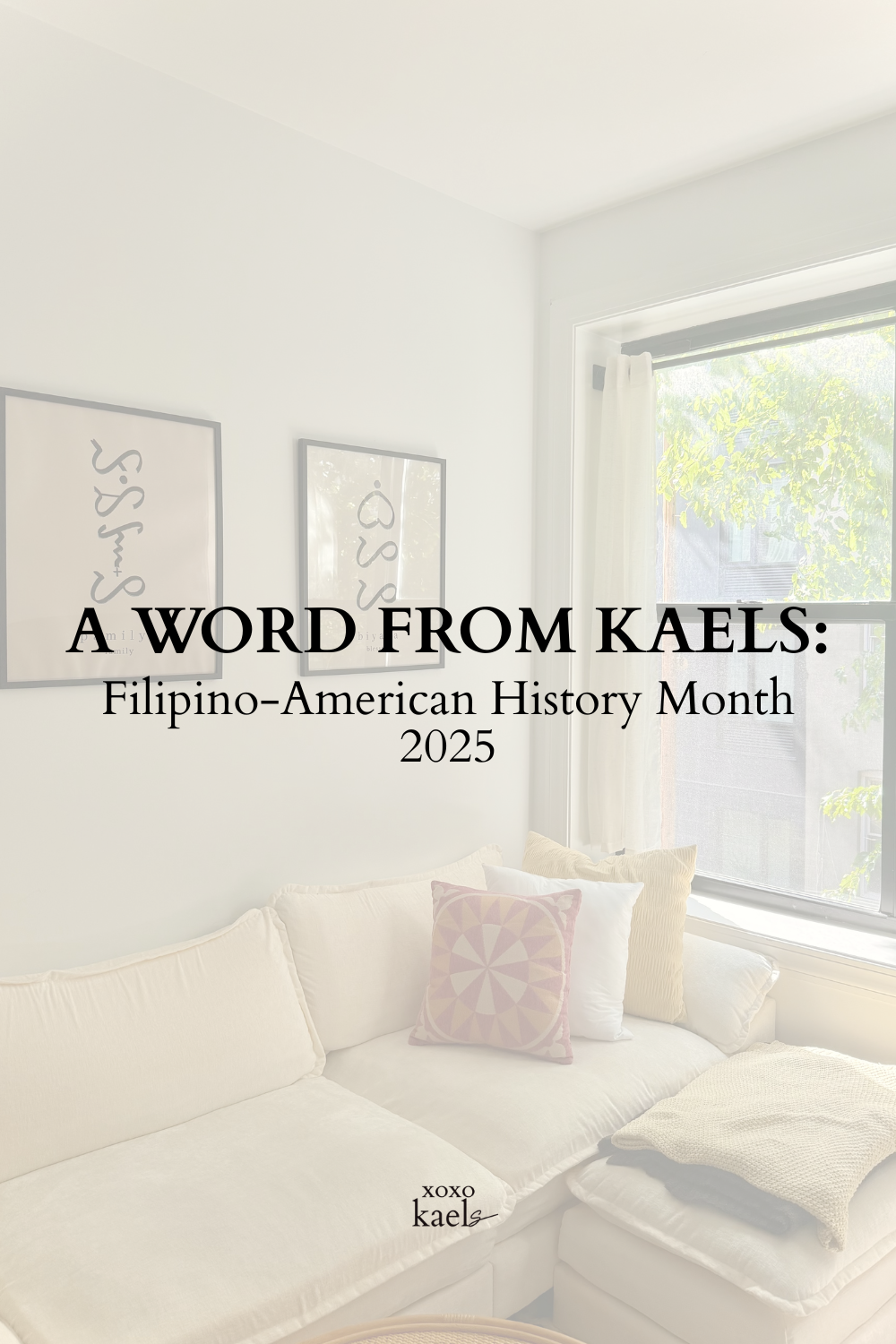How I, a Filipino-American, struggle with a sense of time
I never realize how much being Filipino-American actually impacts my life until I really take a step back and analyze my life. All of my Child Studies courses require some sort of self-reflection, but that’s not even where I had this realization. I mean, I’ve had so many realizations from my Child Studies courses, but this one in particular occurred in a different course: Time and Communication. This course forced me to think about how time impacts communication, which is part of a larger conversation, but I never realized how much culture impacts time. That is one aspect of culture that I never even thought of or considered. Read more about time and culture here!
My views on time, from a Filipino-American, is probably far different than someone who only identifies as American. I’ve always used and heard the term “Filipino time”, but I never really thought about it because it’s just something that has been embedded into my life. I mean, I often find myself saying, “ugh, I’m running so late, I’m so Filipino”, but I never really made that connection between time and culture. Filipinos are deemed to always be running late and it’s mostly because we don’t really constrain ourselves to the clock.
As a Filipino-American, I know that I am capable of being both punctual and late because I know both American and Filipino time. It all just depends on context. For me, I try really really hard to be on time when it’s school and work, probably because school and work run on white people time, so I don’t want to seem irresponsible. But when it’s other things, I struggle a bit. I don’t know why, but whenever I am going to be with other Filipinos-Americans, I’m naturally late. When I’m with other Filipino-Americans, I know what I’m getting myself into; it’s a bit easier to be running late, they understand, and I just like to take my time.
After talking to several friends about Filipino time, it was apparent that Filipino time is strongly linked to Filipino parties. One thing about Filipinos: they love to party. Filipino parties are always such a fun time; we eat, drink, sing karaoke, dance, and just enjoy each others’ company. Sometimes, we even play games. We love to have a good time and we value our family, specifically family time. There is an endless amount of food and time flies, to the point where we don’t want it to stop. It’s always fun to be around family, that when it comes to goodbyes, they become elongated.
When it comes to a Filipino party, they never last for just two or three hours - they are long scale events. If I’m going to a family party, I subconsciously just block out the whole day for that one event because it’s not just one event; it can literally last for hours. If the party starts around lunch time, it doesn’t usually end until about 10PM, at least; but if it starts at around dinner time, it usually doesn’t end until at least midnight. These are just unwritten cultural rules about the time constraint of these events.
Filipinos, well at least my family, spend a tremendous amount of time together. It’s because of how close we are and how much has been built into these relationships. We build these strong bonds and that time is so precious. In this way, family time is the bridge between Filipino time and culture. Besides food, family time is the most precious and most valued thing in Filipino culture. There is no time when you’re with family.
mahals,
kaels
too bad ain’t me<3
(mahals: our abbreviation for “mahal kita” translating to “i love you” in Tagalog)
RELATED POSTS:




